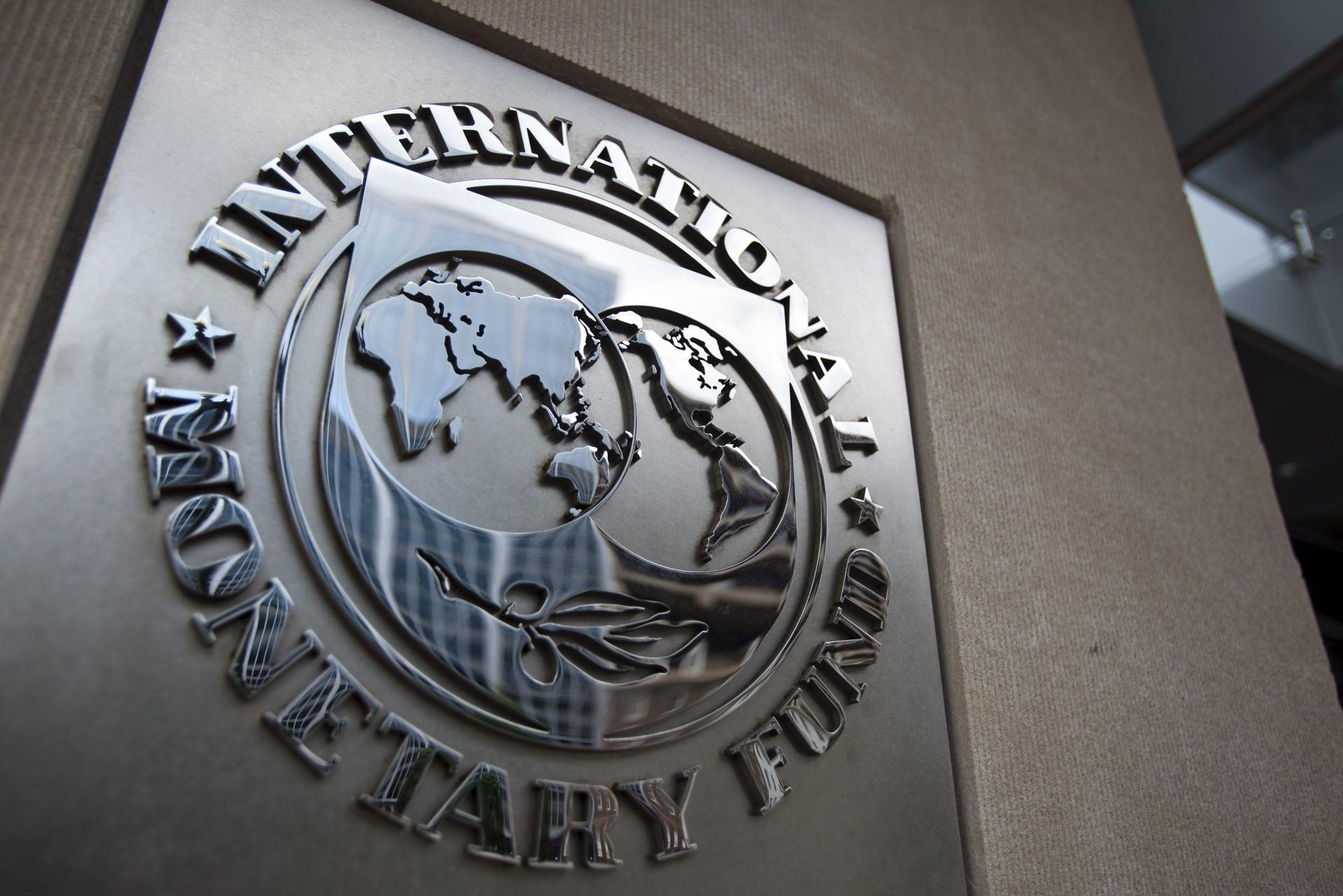
The Ministry of Economy and Finance (MEF) reported that the International Monetary Fund (IMF) ratified that Peru will maintain access to a Flexible Credit Line (LCF) of up to US$5.3 billion, which the country may activate if required in the event of external risk impacts.
The ministry noted that, in its mid-term evaluation of the FCL agreement, the IMF’s executive board considered that the country maintains extremely strong institutional policy frameworks and solid macroeconomic fundamentals.
Solid macroeconomic fundamentals
In an IMF statement, Kenji Okamura, IMF deputy managing director, said that over the past two decades, Peru’s extremely strong macroeconomic fundamentals and institutional policy frameworks, and the adoption of prudent macroeconomic policies have underpinned a robust economic growth and macroeconomic stability, spanning multiple electoral cycles and governments.
“The solid inflation targeting regime, a credible fiscal policy framework and the robust supervision and regulation of the financial system have allowed the country to deploy sound economic policies to mitigate the socioeconomic impact of the pandemic, and subsequently withdraw the economic stimulus, preserving the macroeconomic stability and broad access to international capital markets”, he stressed, citing the MEF.
In addition, Okumura stressed that the authorities remain committed to maintaining such policy schemes in the future. “The Flexible Credit Line will continue to play an important role in supporting the Peruvian authorities’ macroeconomic strategy, underpinning investor confidence and providing a valuable buffer against tail risks,” he said.
The agreement between Peru and the IMF was requested on a precautionary basis, is valid for two years, was approved on May 27, 2022, and is equivalent to 300% of Peru’s quota in the multilateral organization.
Due to its flexibility, the LCF is designed to be activated by the country when required in a scenario of external crises. Disbursements are not staggered or conditional on meeting economic policy goals, as is the case with traditional IMF-backed programs. This is a line of credit that is granted to countries with a track record of solid macroeconomic fundamentals.
Source: Larepublica
Alia is a professional author and journalist, working at 247 news agency. She writes on various topics from economy news to general interest pieces, providing readers with relevant and informative content. With years of experience, she brings a unique perspective and in-depth analysis to her work.












